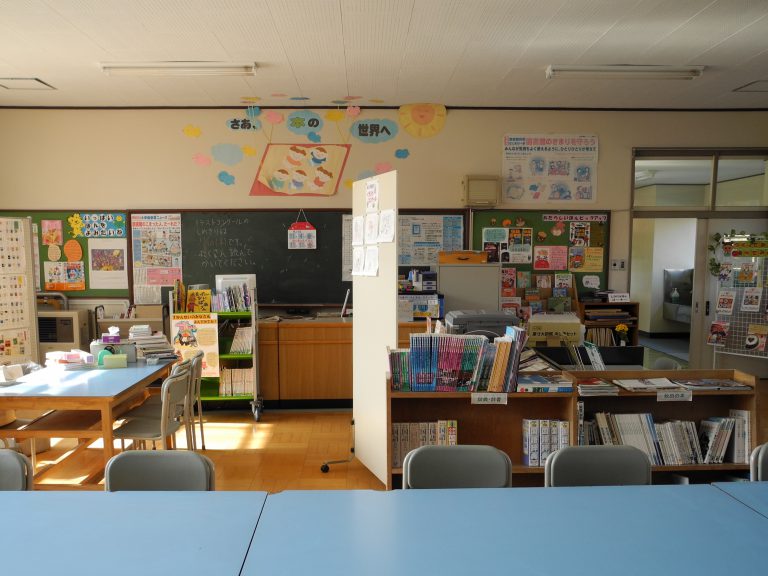Award-winning children’s author Kate Messner’s latest book, The Seventh Wish, hit bookstores this week. A fantastic novel between talking fish and Irish dancing, the book also deals with the very real epidemic of opiate addiction in the United States. To promote the book on release day, Messner was invited to speak to children in Vermont, at Chamberlin Elementary School in South Burlington. However, despite being scheduled for January, with less than a day’s notice, Messner received a note of apology explaining that his visit had to be cancelled. She discovered that it was because of the book’s central theme of addiction.
On Friday, Messner expressed his deep annoyance with the situation in a personal blog post, describing how the school principal and librarian “said [her] they felt that they had not prepared their students well enough for this visit. Adding insult to injury, they then returned the 20 copies they had ordered to a local bookstore for display in the school library.
The apology note, addressed to Messner by school principal Holly Rouelle, has since been obtained by Vermont Paper Seven Days. In the note, Rouelle acknowledges that the visit was scheduled for January, when an advance copy of the book was sent to the school, and apologizes for their lack of awareness regarding the subject of the book. Upon discovering the story and his involvement in drug addiction, Rouelle explained that “I felt that parents and families needed to be informed, so that they could be prepared for any follow-up conversations that might arise. when their child comes home.” According to Rouelle, the teachers at the school had not had the chance to integrate such an intense subject into the program and, due to their lack of preparation, she had to make the “difficult decision” to cancel. Messner’s visit. In the same message to Seven Days, Rouelle argued that the canceled invitation was not a case of censorship:
This was in no way a censorship issue. We only had one advanced copy of the book because it wasn’t on sale yet. We sent home the order form for the books and when only one came back and it was for another Kate Messner book I realized that even though the parents had looked at it , when they realized it was a purchase order, they probably missed the sentence describing the important topic of heroin addiction in The Seventh Wish. Generally, we communicate important information to families in several ways, such as our weekly family newsletter and class blogs or newsletters.
Rouelle’s decision to cancel the speaking event appears to be a judgment call rather than the dictate of school or district policy. However, the reasoning behind the decision to return the ordered books, which could presumably be kept until the necessary preparation has been made before reading, remains unclear.
In her blog post, Messner draws attention to an email she received from a school librarian in another district explaining that she would never give her child a heroin book “because ‘he doesn’t even know what it is’. Messner replies:
Library “[serves] real children in the real world. A world where nine-year-olds learn to administer naloxone in hopes of preventing a family member from dying of an overdose. And whether you teach in a poor inner-city school or in a wealthy suburb, that world includes families who are currently broken by opioid addiction. Not talking about it doesn’t make it go away. It just makes these kids feel more alone.
UPDATE 06/13/2016: In an email to the NCAC, Messner said Chamberlin Elementary School in South Burlington will store The Seventh Wish in its school library. The school had initially found it necessary to return the copies it had ordered for its library. In the email, Messner said she believed “media and social media pressure” helped change the school’s decision.

